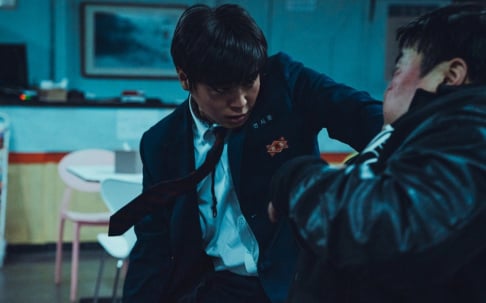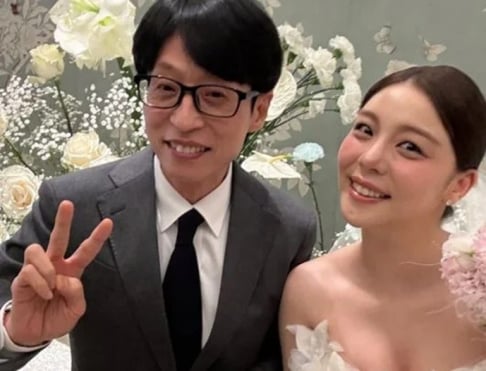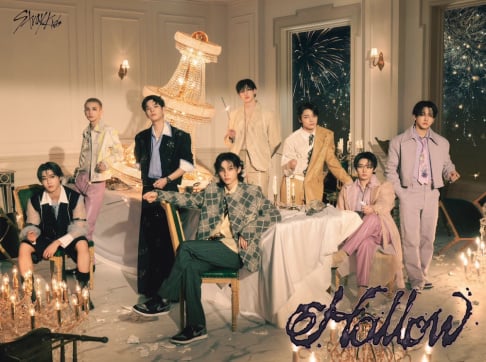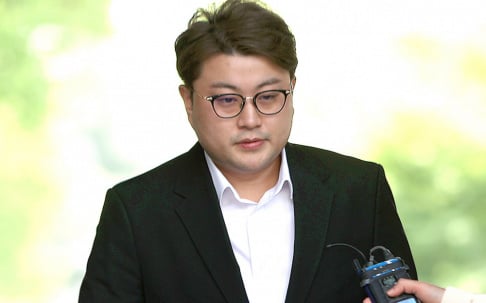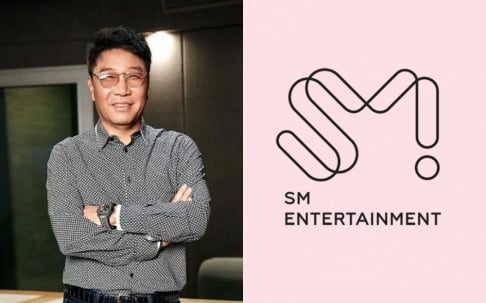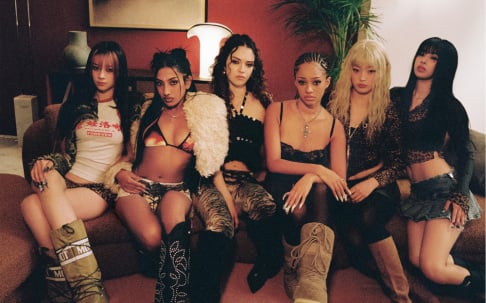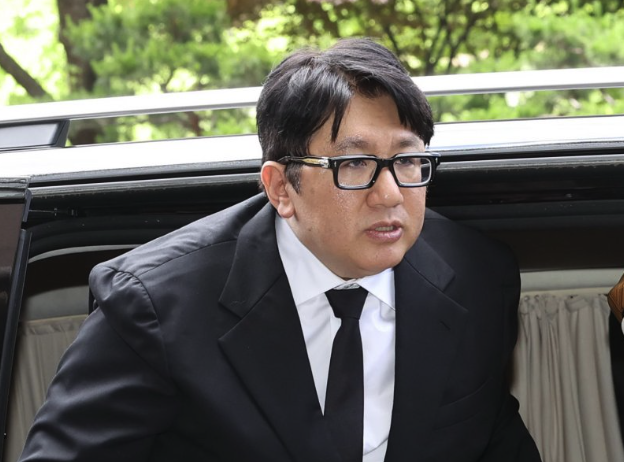
It was recently revealed that HYBE Chairman Bang Si Hyuk made a secret agreement with private equity funds (PEFs) during the company’s initial public offering (IPO) four years ago, securing approximately 400 billion KRW (around $300 million USD).
According to industry sources on November 2nd, while Bang Si Hyuk and the PEFs earned massive profits, HYBE's stock price plummeted by 60% within a week of listing, causing significant losses for retail investors. Regulatory authorities are now investigating whether Bang and HYBE violated capital market laws.
In 2020, when HYBE went public, Bang signed shareholder agreements with PEFs such as Stick Investment, EastStone Equity Partners, and NewMain Equity. The agreements stipulated that if the IPO succeeded within a certain timeframe, Bang would receive about 30% of the sale proceeds. If it failed, the shares would be repurchased.
On October 15, 2020, HYBE made its stock market debut at 270,000 KRW per share (approximately $230 USD), double its IPO price of 135,000 KRW (around $115 USD). The stock surged during the session, briefly exceeding 350,000 KRW (roughly $300 USD). However, shortly afterward, PEFs began offloading their shares, causing the stock price to plummet to around 140,000 KRW (approximately $120 USD) within two weeks.
While HYBE successfully completed its IPO within the agreed timeframe, allowing Bang to earn about 400 billion KRW, the shareholder agreement details were omitted from the IPO process. As a result, early investors unaware of these agreements suffered financial losses. Critics have raised concerns about the absence of disclosures regarding profit-sharing agreements with major shareholders in the company’s securities report.
The Financial Supervisory Service (FSS) stated, “We are examining whether this information should have been disclosed in the securities report and if there was a legal obligation to do so.” The Korea Exchange, which oversaw the IPO process, also commented, “We are reviewing the provided materials to determine if any laws were violated.”
HYBE has denied any legal wrongdoing, stating, “The company did not violate any laws during the IPO process.”
A representative from a securities firm told News1, “This was not a mandatory disclosure under the law. It does not involve a change in major shareholders, and there is no relevant regulation.” They added, “It was a typical private transaction when investing in an unlisted company and poses no legal issue.”
However, some argue that HYBE cannot entirely escape moral responsibility, as the sensitive nature of the agreements—evident from the repeated legal reviews—was not transparently disclosed to the public.
 SHARE
SHARE







